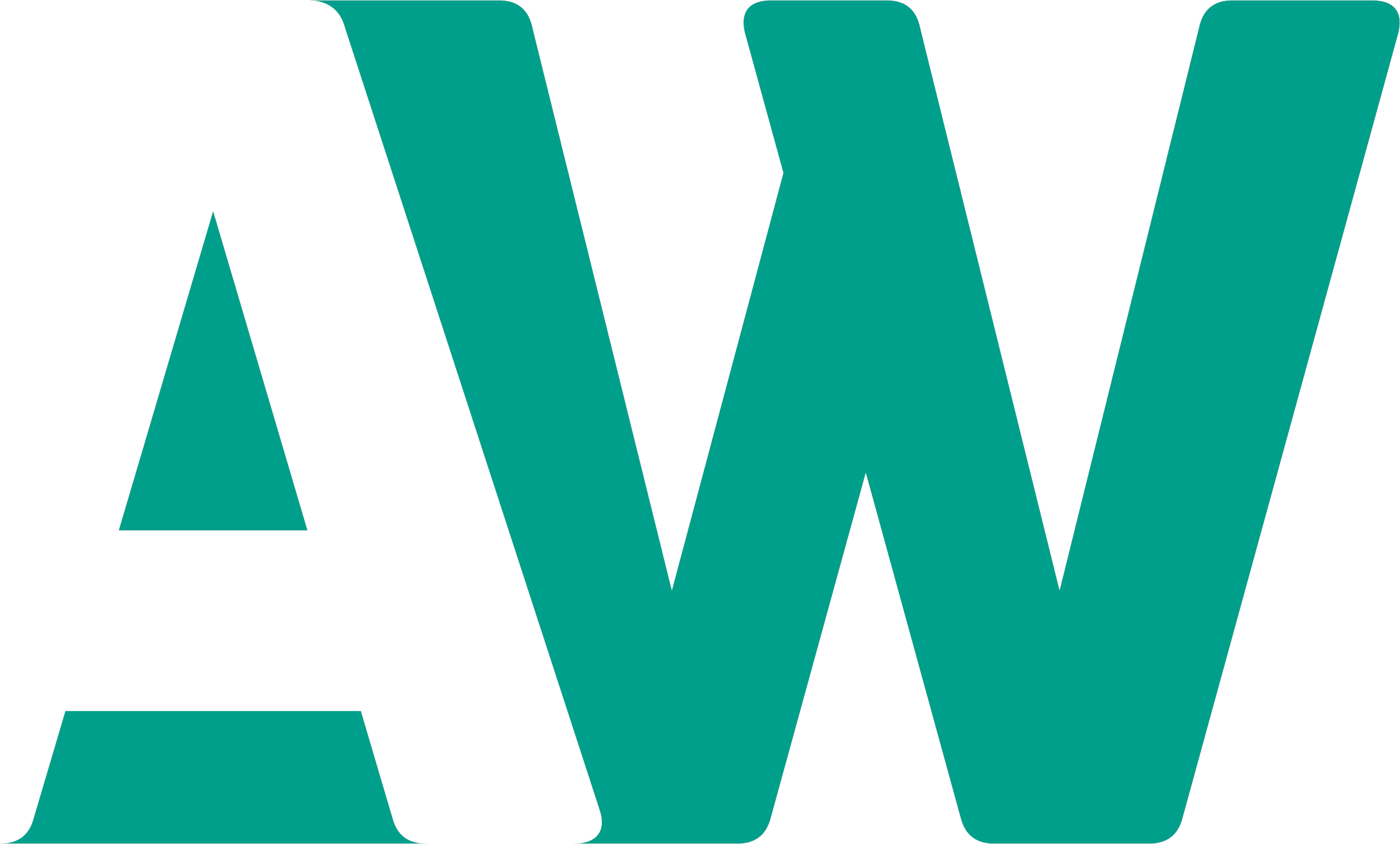Claim tax relief for additional costs of working from home
During the Covid-19 pandemic, the advice was ‘work from home if you can’. As a result, millions of employees found themselves working at home, often at very short notice. Many still have not returned to the workplace, and homeworking (whether fully or flexibly) is here to stay. Employees will generally incur additional costs as a … Read more










